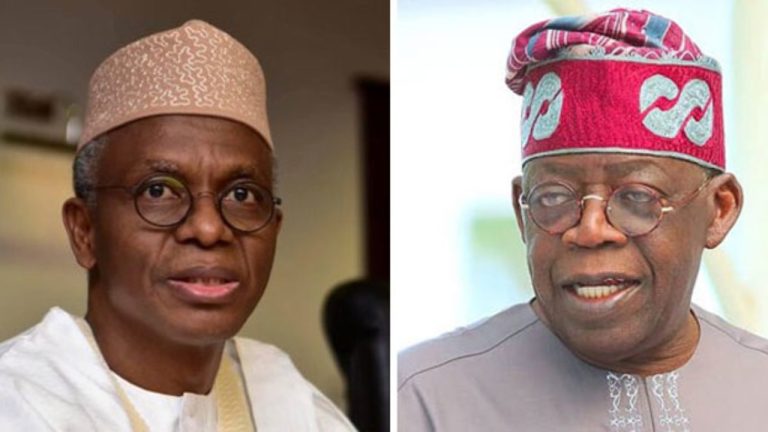
The House of Representatives has passed through second reading the amendment to the Electoral Act 2006, fixing the maximum election expenses to be incurred by a candidate at a presidential election at N5 billion. The lawmakers also pegged N1 billion for governorship, N100 million for senatorial and N70 million for House of Representatives.
In the case of State Assembly and council chairmanship election, the maximum amount of election expenses to be incurred by a candidate has been fixed at N30 million respectively, while in the case of councillorship election, the maximum amount was fixed at N5 million.
The House also endorsed the use of card readers for election as the bill provides that “the presiding officer shall use a smart card reader or any other technological device that may be prescribed by the Commission, for the accreditation of voters, to verify, confirm or authenticate the particulars of the voter in the manner prescribed by the Commission.”
The lawmakers also introduced a new subsection (3) “which provides: (3) where a smart card reader deployed for accreditation of voters fails to function in any unit and a fresh card reader is not deployed, the election in that unit shall be cancelled and another election shall be scheduled within 24 hours.”
Section 52 (1)(b) under conduct of poll by open secret ballot is amended as follows: “(b) The Commission may adopt electronic voting or any other method of voting in any election it conducts as it may deem fit.”
Section 53 (2) and (3) under over voting is amended as: “(2) where the votes cast at an election in any polling unit exceed the number of accredited voters in that polling unit, the result of the election for that polling unit shall be declared null and void by the Commission and another election may be conducted at a date to be fixed by the Commission where the result at that polling unit may affect the overall result in the constituency.
“Where an election nullified in accordance with subsection (2) of this section, there shall be no return for the election until another poll has taken place in the affected polling unit.” Presenting the bill for debate, the sponsor and chairman of the committee on electoral matters, Hon. Aishatu Dukku, said “the need for electoral legal framework reform in Nigeria becomes absolute necessity against the backdrop of election malpractice, widespread rejection of declared results as well as loss of lives and property that usually go along with such electoral flaws.” She said: “This Bill seeks to repeal the Electoral Act No. 6, 2010 and enact the Independent National Electoral Commission Act 2020, to regulate the conduct of Federal, State and Area Council elections and for related matters, to make provisions for the restriction of the qualification for elective office to relevant provisions of the Constitution of the Federal Republic of Nigeria 1999 (as amended); use of Card Readers and other technological devices in elections and political party primaries, to provide a time line for the submission of list of candidates, criteria for substitution of candi-dates; limit of campaign expenses, and address the omission of names of candidates or logo of political parties.” Speaking on the bill after the passage, Dukku said all stakeholders were carried along in the processing of the bill. “This bill has the input of the Senate, House of Reps, INEC and the Federal Executive Council,” she said. During debate on the bill, lawmakers expressed their feelings, especially on the issue of card reader, where most of them were of the opinion that “the use of other electronic devices” be dropped and only card reader adopted. Other areas the bill seeks to address include limitations on political broadcast and campaign by political parties – where “the period of campaigning in public by every political party is to commence 150 days before the polling day and end 24 hours prior to the day.” The bill also seeks to look at the issue of the death of candidates before the conclusion of election process, nomination of candidates and conduct of electoral officials, among others. (New Telegraph)








